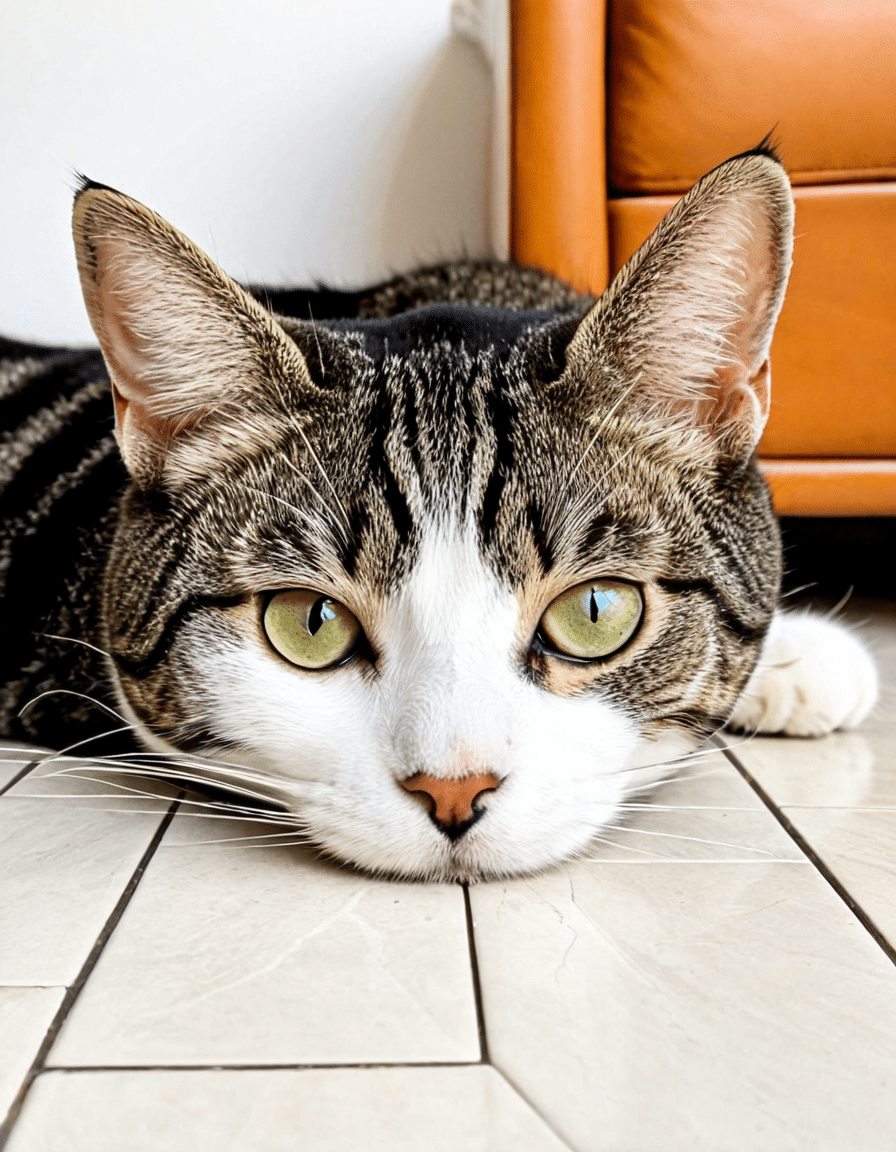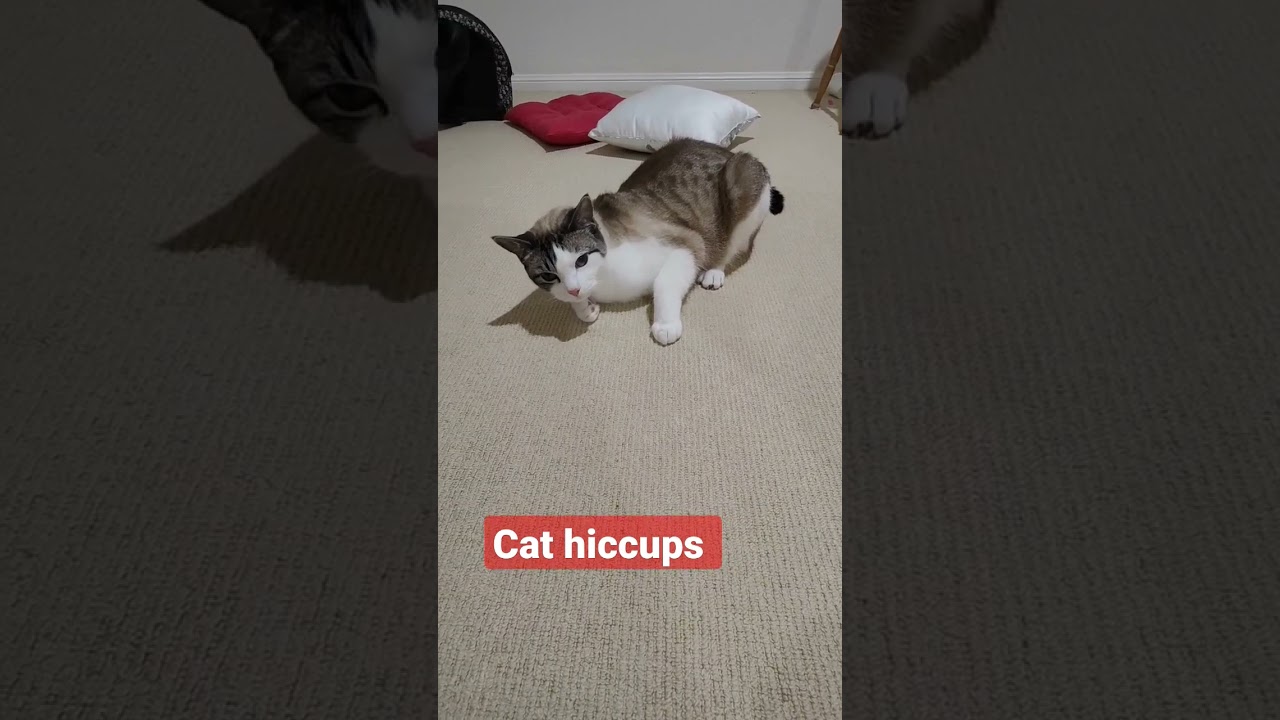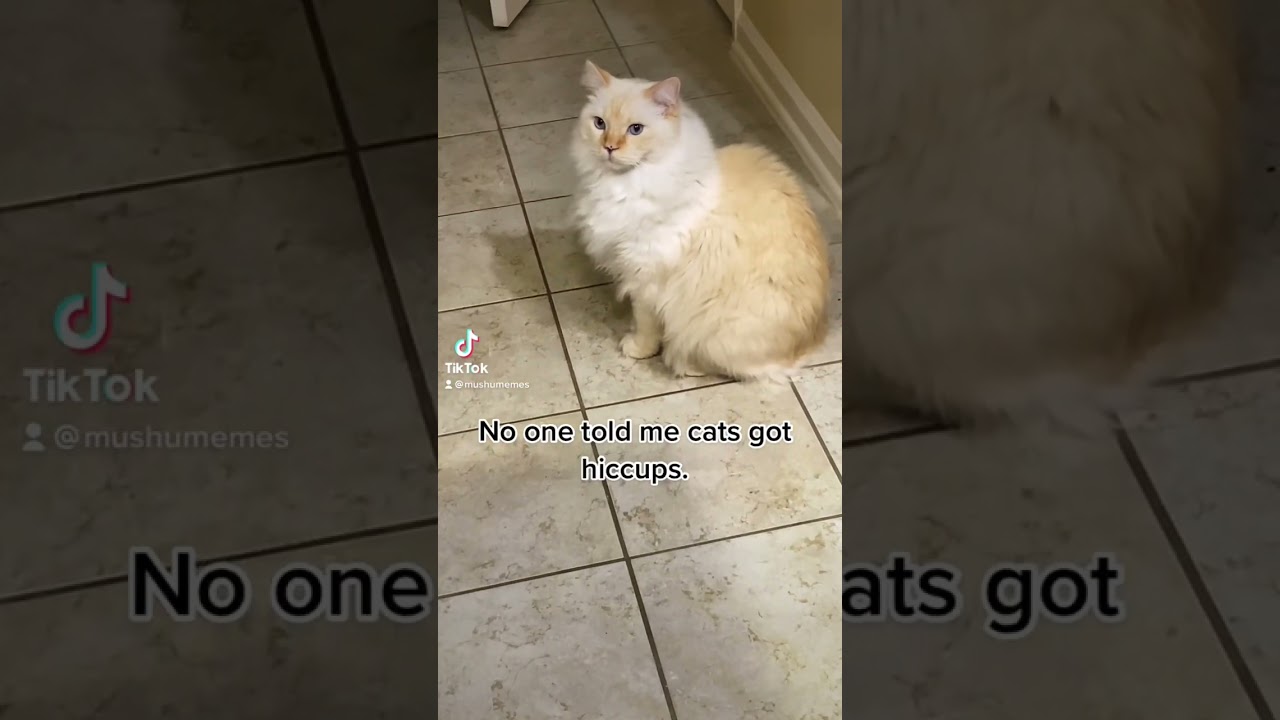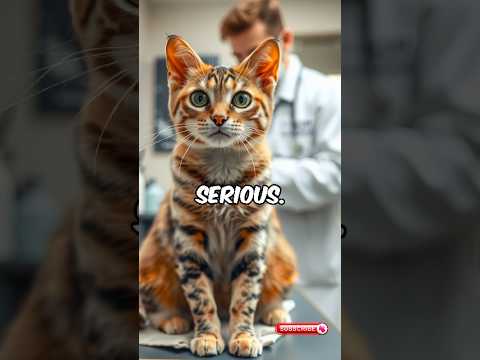Hiccups aren’t just a human quirk; pet owners frequently ask, does cats get hiccups? It’s a common sight when our furry companions suddenly make that odd ‘hic’ noise, leaving us puzzled. To truly get to the bottom of this phenomenon, we’ll explore what causes hiccups in our felines, what they might hint at, and how often we can expect to hear those curious sounds.
Top 5 Reasons Why Cats Get Hiccups
1. Diet and Eating Habits
Fast eaters often find themselves dealing with hiccups. If your cat inhales its dinner instead of savoring it, they’re probably swallowing a lot of air, which can trigger those hiccups. Companies like Freshpet suggest using slow-feeding bowls to help pets take their time—it’s worth a shot! Offering smaller, more frequent meals can lead to a happier tummy and fewer hiccup moments.
2. Gastric Distention
A bloated belly can cause discomfort for any pet, leading to an unexpected bout of hiccups. For instance, Royal Canin offers specialized diet options aimed at sensitive stomachs. These tailored formulas can help reduce gastric distress, ultimately minimizing those hiccup occurrences that pet owners dread. A little caution with food portions can go a long way.
3. Stress and Excitement
Cats, like humans, can get a bit jumpy in stressful situations or sudden bursts of excitement. Perhaps a loud noise startled them, or they encountered a new friend—these moments can evoke hiccups. Brands such as Feliway offer calming diffusers to create a soothing atmosphere, which can reduce stress-induced hiccups. Keeping your feline’s environment calm can help them feel more secure.
4. Respiratory Issues
Sometimes hiccups can be a signal that your cat isn’t feeling quite right. If your cat experiences hiccups alongside signs of respiratory distress, like sneezing or wheezing, it’s worth a look. A persistent case of hiccups might indicate a spasm in the diaphragm due to allergies or a cold. Always keep an eye out for other symptoms and consult your veterinarian if these signs persist.
5. Underlying Medical Conditions
Infrequent hiccups are generally nothing to worry about, but if they become a regular thing, it could be a red flag for underlying health issues. Conditions affecting the diaphragm or the nervous system may lead to increased hiccup frequency. Pet owners should be aware of any behavioral changes that accompany these hiccups and reach out to the vet if needed.
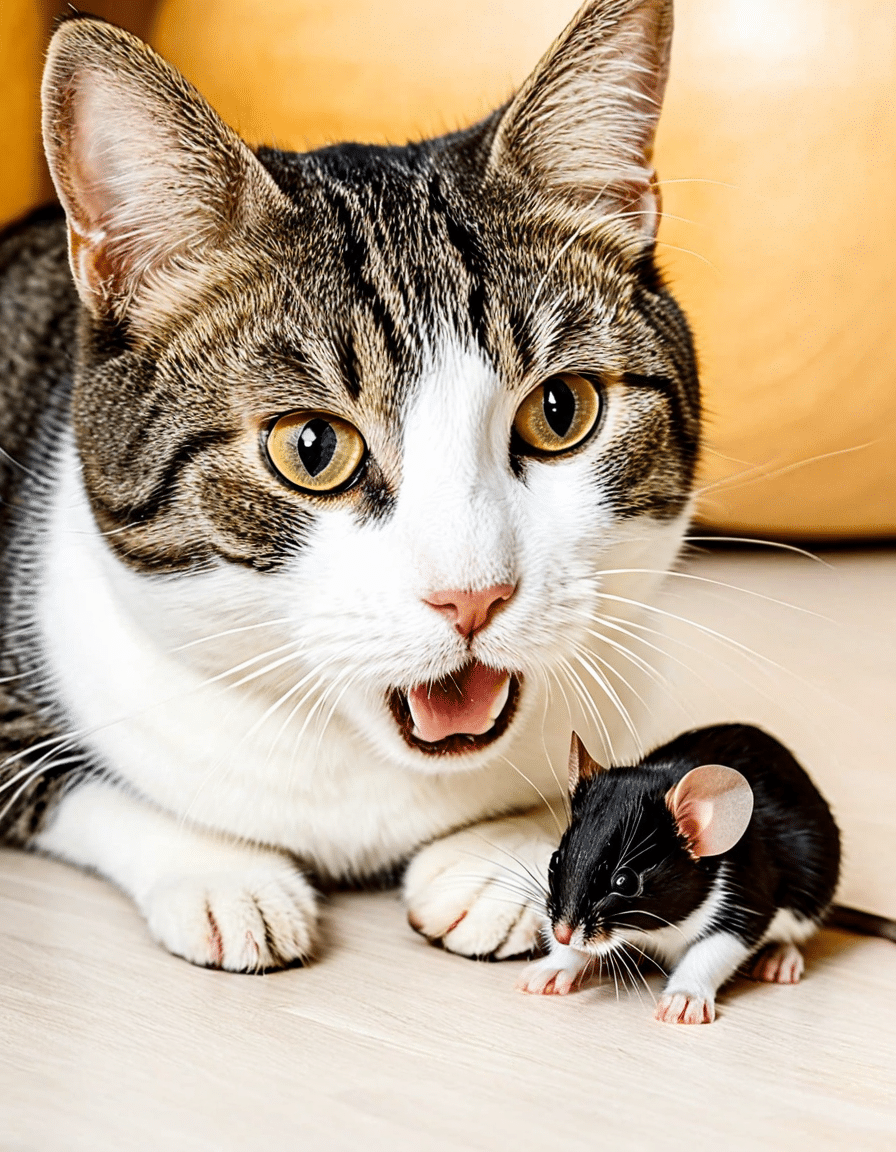
How Common Are Hiccups in Cats?
If you’re asking, can cats get hiccups often, you’ll find the answer is yes—though not as frequently as some other pets. Kittens tend to hiccup more than their adult counterparts, likely due to their playful nature and propensity to gulp air while frolicking. Factors like age, health, and activity levels can all play a role in the frequency of these hiccup events, making it a somewhat unique experience for each cat.
What to Do When Your Cat Has Hiccups
Wondering how to help when your pet suddenly starts hiccuping? There are a few strategies you can employ:
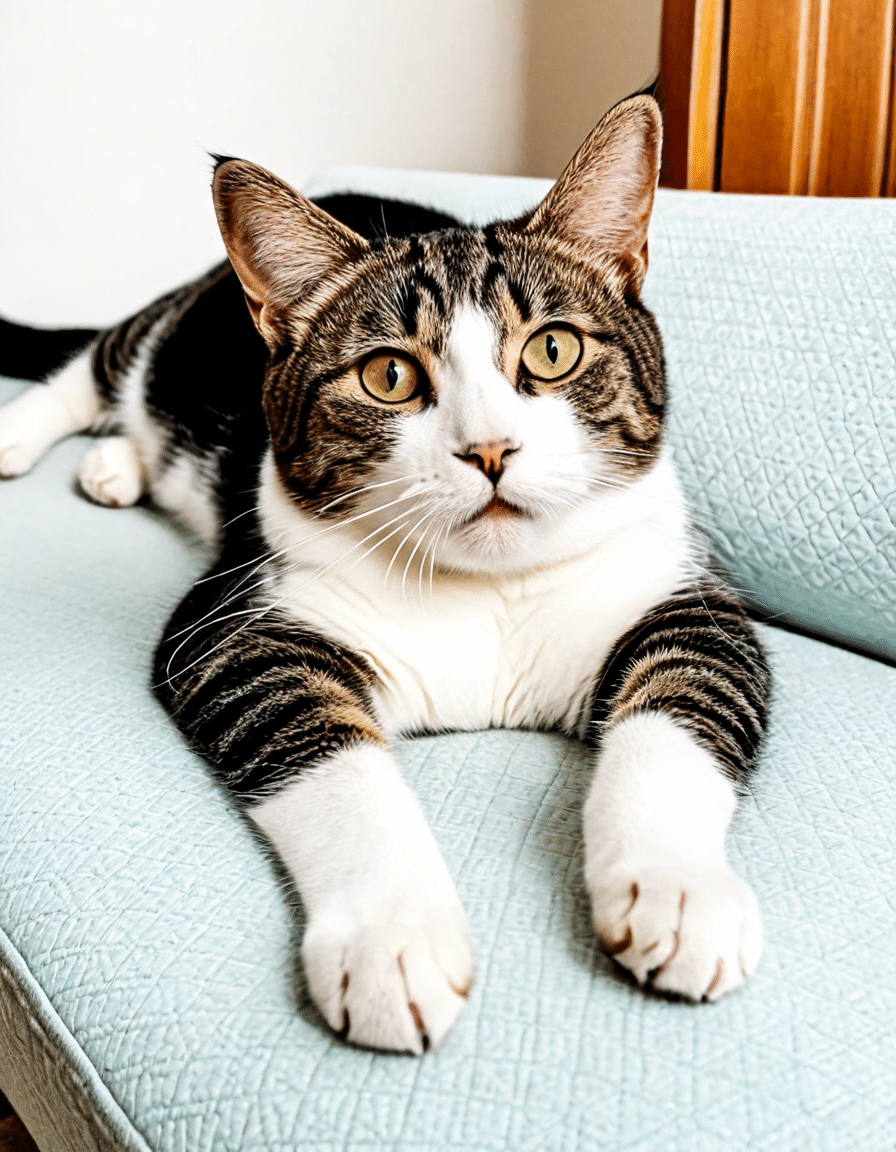
Distinguishing Between Hiccups and Other Conditions
Recognizing hiccups from other issues is crucial. Unlike the straightforward sound of hiccups, a cat displaying nausea or coughing will show distinctly different behavior. If you’re witnessing frequent hiccups aligned with vomiting, your cat might be facing a more serious problem—like an obstruction. Awareness of these nuances can prepare pet owners to act appropriately.
Final Thoughts on Hiccups in Cats
So, do cats get hiccups? Absolutely! Understanding the reasons behind these quirky sounds can help every cat owner feel more confident in caring for their furry friends. By keeping an eye on potential triggers, monitoring health, and knowing when to consult a veterinarian, those little ‘hic’ sounds can remain a mere curiosity in an otherwise healthy cat’s life. Stay informed, stay attentive, and continue enjoying the charming and odd behaviors that make our feline companions so irresistible.
Does Cats Get Hiccups?
Hiccups Are Not Just for Us!
You might be surprised to know that yes, indeed, cats can get hiccups! Just like us, when a kitty gets a case of the hiccups, it’s their diaphragm twitching unexpectedly. These funny little spasms generally don’t last long, but they’re sure to make kitty-watchers chuckle. Just picture a fluffy feline, maybe a mix of shih tzu and English bulldog, experiencing those cute little hiccups—adorable, right? If it happens often, it can usually be attributed to fast eating, drinking too quickly, or even a little excitement from playtime.
Fun Cat Trivia to Pounce On
While we’re at it, did you know that some animals, like bearded dragons, have unique adaptations that suit their natural habitat? Unlike our feline friends, they thrive in warm climates and need specific UV lighting to stay healthy. Hiccups might be a funny little blip in a cat’s day, but they’re just one of the many quirks that make them interesting. Furthermore, when we think about pet hygiene, many folks wonder, can You use shampoo as body soap? The answer might surprise you, as different products serve different purposes. Knowing what to use for bathing can help keep your pets—be it a cheeky cat or a playful puppy With mucus in stool—clean and happy!
When Do Hiccups Become a Concern?
For the most part, hiccups in cats are harmless. However, if they persist for long periods, it might be advisable to check in with your vet. Just like humans, if hiccups are causing discomfort, it could be a sign of something more serious. And speaking of serious, ever heard of Todd And Tyler? Those two have had their fair share of humorous hiccup moments during their radio shows, reminding us that laughter can sometimes be the best medicine—even for our furry companions! Whether your cat’s hiccups lead to hilarity or concern, they’re just another adventure in the life of pet parenting.
